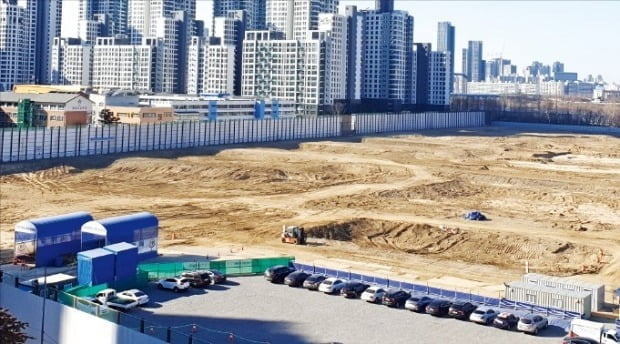Los Angeles (AFP)
In the heart of a hospital in southern Los Angeles, even the chapel was transformed into a treatment room and military doctors had to be called in as reinforcements. “We have seen so many deaths” from the Covid-19, says a caregiver, as the United States records daily death records.
Los Angeles has been one of the main hotbeds of the pandemic for weeks and the staff of Martin Luther King Jr Community Hospital say they have never been faced with a disaster of this magnitude.
Nurses wearing diving suits are busy around a row of elderly patients, all of Latin American origin, placed in artificial coma, connected to machines. “It’s tough. We’re human and we’re doing our best,” says Vanessa Arias, a nurse in the intensive care unit. “But we have seen so many deaths in the last few weeks …”
Moments earlier, she was to announce to a crying family that their mother had just died.
“We are right in the eye of the storm,” she told AFP, in one of the poorest neighborhoods of the Californian megalopolis.
When AFP went there this week, the hospital had converted its chapel and old shop into treatment rooms, tinkered with intensive care beds in the post-operative recovery room and pitched tents on the forecourt, opposite its main entrance.
The small establishment, which officially only has 131 beds, accommodated 215 patients, most of them sick with Covid-19.
He has just received help from medics from the National Guard, a reserve military force.
If Los Angeles is the epicenter of the pandemic in the United States, “then this district is the epicenter of Covid in Los Angeles”, summarizes the general manager of the hospital, Elaine Batchlor.
The United States on Thursday recorded a new record of daily deaths, approaching the 4,000 dead mark, according to figures from Johns Hopkins University, which refer to it. The country recorded more than 265,000 new contaminations in 24 hours.
The neighborhoods near the hospital are mostly inhabited by black and Latin American populations, by far the most affected by the coronavirus.
Many residents hold jobs considered “essential”, exposed to the public at supermarket checkouts or alongside dozens of colleagues in warehouses or factories. They frequently travel to work by public transport and live in often overcrowded housing, where distancing and isolation are impossible.
Even before the pandemic, the area had a record rate of chronic conditions, such as diabetes, obesity or heart disease.
“We see whole families, several suddenly, who fall ill at the same time,” laments Vanessa Arias who, like many other hospital employees, is Hispanic and grew up nearby.
“I could have been one of them … It’s really unfortunate to see people die who look like you.”
– “The worst I have ever known” –
The figures for the explosion of cases in Los Angeles since November are staggering: one in twelve residents in the county has already been infected, and one in five people tested is now positive.
In total, 8,000 patients are hospitalized because of Covid-19, and more than 11,000 have already died.
“I was in New York City when the going was really bad. But it’s probably the worst I’ve ever experienced,” said Taylor Reed, a 24-year-old itinerant nurse, who also worked in hospitals last year. from the capital Washington and Minnesota.
California had successfully contained the spread of the coronavirus at the start of the pandemic, by instituting fairly strict containment as early as March, but the situation has rapidly worsened in the past two months, putting hospital infrastructure under high tension.
Ms. Batchlor underlines, however, that the employees of her hospital, built in 2015, are used to running “a very, very busy emergency department” and know how to take care of patients extremely quickly.
Vanessa Arias, she seeks to manage as best as possible almost daily deaths. Shortly before the arrival of AFP, she called the relatives of an old lady whose condition was deteriorating rapidly.
“As soon as I thought she was going to die, I told them to hurry over” hoping they would have time to say goodbye to her. “Unfortunately, that was not the case.”
© 2021 AFP
–


